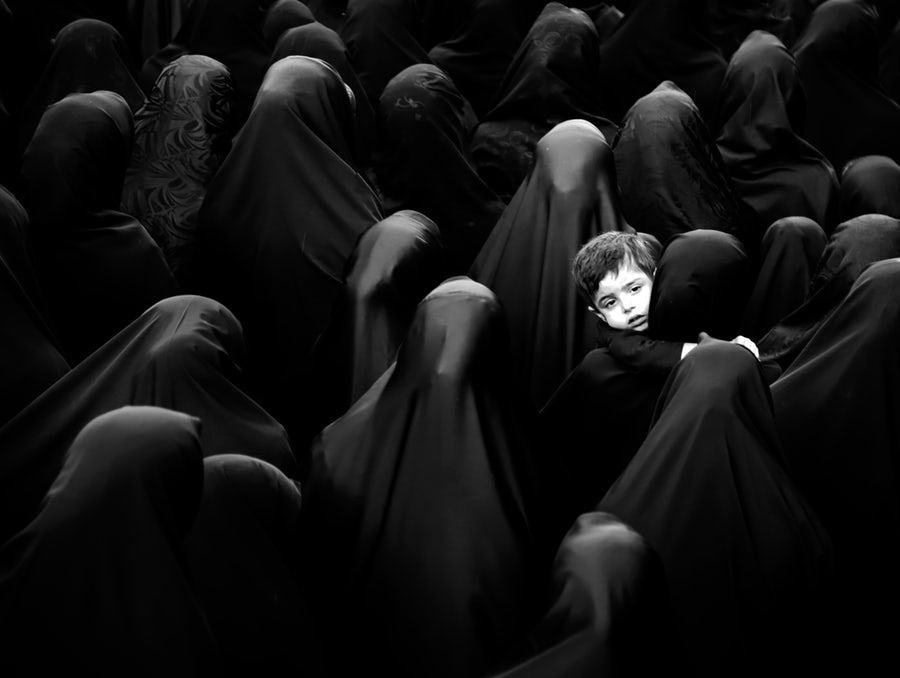Britain’s home secretary Sajid Javid’s recent decision to revoke Shamima Begum of her UK citizenship by letter to her parents on February 19 has been immediately controversial.
The move was made unilaterally and, according to the UK government, she is no longer a British citizen. Here, we consider some of the more salient issues surrounding this decision.
| Is this possible? | As a British citizen, Begum has a right of abode in the UK which means she is generally free to live in, and to come and go into and from, the UK without hindrance. The government can disrupt this right in certain circumstances through the use of a temporary exclusion order (“TEO”) which is valid for two years under the Counter-Terrorism and Security Act 2015. The effect of a TEO would mean Begum’s passport would be invalidated. Further, the Secretary of State may by order deprive a person of citizenship if they are satisfied that deprivation is “conducive to the public good”. The decision in Begum’s case was made behind closed doors and the government’s reasons and justification for the removal of her citizenship are not known. |
| Will she be stateless? | International law makes clear a person’s citizenship cannot be revoked if to do so would make them stateless, however it is believed Begum may be entitled to Bangladeshi citizenship through her mother although she was born and grew up in the UK and has never visited Bangladesh. Whether this is true is a matter of Bangladeshi nationality law, in which there seems to be an emphasis on citizenship passing through bloodline (jus sanguinis) regardless of the place of birth. Begum insists she is not entitled to Bangladeshi citizenship. The Bangladeshi government has been even more explicit, insisting she is not a citizen and there is no question of her being allowed to enter their country. |
| What say the experts? | Experts with knowledge of both British and Bangladeshi legal systems are divided on whether the Home Office’s action is legal. UK-born children of Bangladeshi parents are automatically dual citizens at birth, but that right lapses at the age of 21. Begum is 19 and so she may still be entitled to apply for Bangladeshi citizenship. Others suggest Begum may not be a Bangladeshi citizen unless at the time of her birth her parents registered her at the Bangladeshi High Commission, a step which is not commonly done in the British-Bangladeshi community. Begum’s parents have confirmed they did not register her birth in this manner. |
| And the baby? | As Begum’s baby boy was born before the order to strip her nationality was lodged, he is a British citizen and his rights are unaffected. The child therefore has the right to return to the UK, but the practicalities of his repatriation would be extremely complicated. |
| Any chance of an appeal? | Begum’s family has appealed against the decision to strip her of her citizenship on her behalf. They may also have grounds to challenge the excessive nature of the order as being disproportionate to her actions and that less severe measures are available to achieve the government’s objective of safeguarding national security. |



